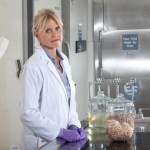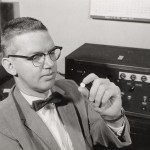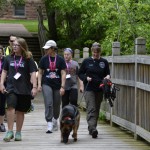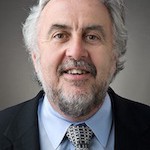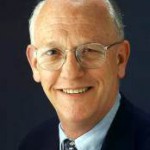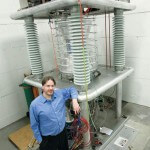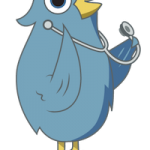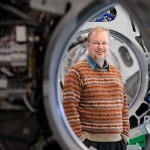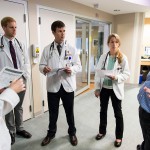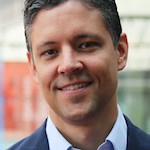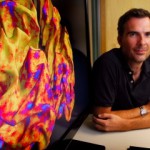Tag Health & medicine
Brain injury expert shares insights, research on sports and concussions
Ann McKee has made national headlines with her research linking football and other sports to a condition called Chronic Traumatic Encephalopathy, or CTE.
Medical physics publisher marks 30 years of success
A small Madison publisher focused on the use of radiation in medicine has just celebrated 30 years in business. Medical Physics Publishing focuses on technology used to diagnose and evaluate disability and disease - X-ray, CT, MRI, PET and ultrasound - and on radiation treatment for cancer.
Boundless Together, Part 4
The last of four new commercials about UW–Madison will premiere this weekend during the Badger football game. Learn more about the research highlighted in the spot.
UHS psychologist hopes to help international students succeed
Students seek counseling at University Health Services for a variety of reasons. Now speakers of Mandarin have another option -- and advocate -- in Chinese native Canzi Wang.
Scientists: Harnessing microbes could help solve hunger, health, chemical and energy problems
Tim Donohue, a UW–Madison bacteriology professor and director of the Great Lakes Bioenergy Research Center, joined 17 other scientists from around the world and representing a wide range of disciplines today (Oct. 28, 2015) to lay out a case for an organized approach to harnessing the power of microbes to tackle many of the world’s most pressing problems.
Final MOOC of the year explores climate change policy and public health
“Climate Change Policy and Public Health,” the sixth and final Massive Open Online Course offered by the University of Wisconsin–Madison this year, launches Nov. 9.
Software piggybacks on electronic medical records, saves clinician time
Many people assume that electronic medical records would simplify doctoring, helping medical staff retrieve symptoms, diagnoses and prescriptions at computer speed. But Jonathan Baran, a Madison entrepreneur who began developing medical automation software while a graduate student at the University of Wisconsin–Madison, says providers often don't see the promised efficiencies.
UW-Madison to legislators: Don’t ban important fetal tissue research
Proposed legislation in Wisconsin will have a devastating impact on the ability of researchers to create lifesaving treatments for patients, Robert Golden, dean of the University of Wisconsin–Madison School of Medicine and Public Health, told members of a Wisconsin Senate committee in a public hearing Tuesday, Sept. 22.
Innovative cancer treatment machine: Still made in Wisconsin
Innovator-entrepreneur Thomas “Rock” Mackie’s TomoTherapy, launched in 1997, remains one of the universities’ most successful spinoff companies.
Josh Medow: Critical care for the brain
At Joshua Medow's first job, in the Neurocritical Intensive Care Unit at UW Hospital and Clinics, he saves lives. His patients have endured strokes, car accidents and shootings.
Morgridge Institute selects Pagliarini to lead campus metabolism initiative
Dave Pagliarini, a University of Wisconsin–Madison associate professor whose departmental home put metabolism research on the map worldwide, will help define the future of Wisconsin metabolism science as a lead investigator at the Morgridge Institute for Research.
‘Lazy eye’ may bully the brain into altering its wiring
Colorful and expressive, the eyes are central to the way people interact with each other, as well as take in their surroundings. That makes amblyopia — more commonly known as "lazy eye" — all the more obvious, but the physical manifestation of the most common cause of vision problems among children the world over is actually a brain disorder.

